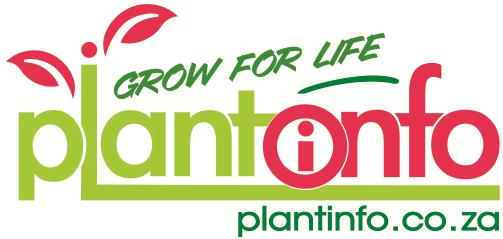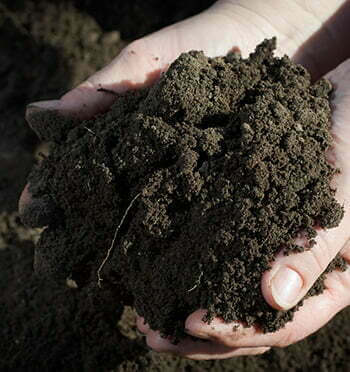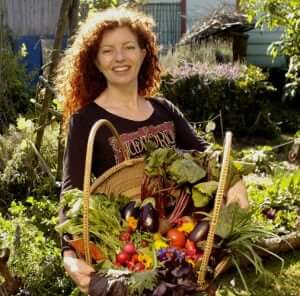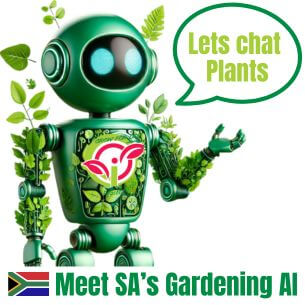By Jane Griffiths
I am often asked: “What does organic actually mean?” It has become a buzz word that marketers jump on and everything is now ‘green’ or ‘organic’. A similar thing happened to the word ‘virgin” after the growth in popularity of extra virgin olive oil – I once saw a label on a blanket that read “100% Virgin acrylic!”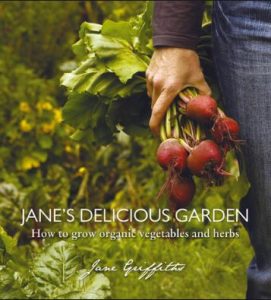
So what does organic mean for us as home gardeners, wanting to grow our own food? Organic gardening is not new –it is a very old way of gardening. It is the way all farming and gardening was done before the advent of chemical fertilisers and pesticides. You might think that organic gardening means replacing chemical fertilisers and pesticides with organic ones. As I see it, there is much more to it than that. Organic gardening is a holistic, natural and commonsense approach to gardening. It is more of a philosophy of gardening than a style. Organic gardeners see our gardens as part of a natural cycle, starting with the soil and including the people, water supply , wildlife and insects. Our aim is to work in harmony with natural systems to minimise and replenish the resources that our gardens consume. An organic gardener will recycle an old fence to create raised beds rather than buy new material.
By choosing the organic route, we are choosing the route of nature and, if we observe the natural world, we will see it’s not tidy with neatly swept surfaces and precise edges. What we are aiming for is to invite nature in to do what she does best. And this all begins with the soil: healthy, nutrient-rich soil = healthy, strong plants = more resistance to disease and bugs. Just as a healthy body is more resistant to infections, so healthy soil builds up plants’ resistance to attacks. The first step to controlling insects and diseases is to cultivate healthy soil.
So what is healthy soil and how do we achieve it?
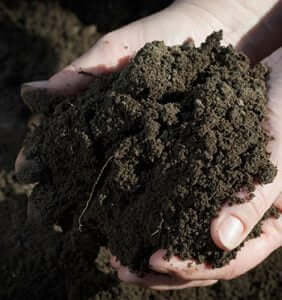 ‘Healthy soil’ means a soil full of humus. Humus, which is broken down organic matter, is the ‘life-force’ of the soil. It provides a home for billions of organisms, such as fungi, bacteria, algae, insects and worms. In one teaspoon of healthy soil there are more than six billion microscopic organisms. Without these, plants cannot grow.
‘Healthy soil’ means a soil full of humus. Humus, which is broken down organic matter, is the ‘life-force’ of the soil. It provides a home for billions of organisms, such as fungi, bacteria, algae, insects and worms. In one teaspoon of healthy soil there are more than six billion microscopic organisms. Without these, plants cannot grow.
Earthworms for example, leave the earth 8 times richer after being digested through their intestines.
Organic vegetable gardens need as much humus in the soil as possible for a number of other reasons:
· Humus acts as a sponge with extremely high absorption abilities
· It retains moisture
· Chemically, humus has numerous active surfaces, which bind to ions of nutrients. This makes many more nutrients available to plants.
· It improves the physical structure of soil making it moist, crumbly and aerated, providing the ideal home for beneficial bacteria and other organisms such as earthworms.
The first step to creating humus rich soil is no dig gardening, which I will talk about in my next article.
Visit Jane here.
Source: Adapted from the book: Jane’s Delicious Garden,
(published by Sunbird Publishers, a division of Jonathan Ball Publishers)
